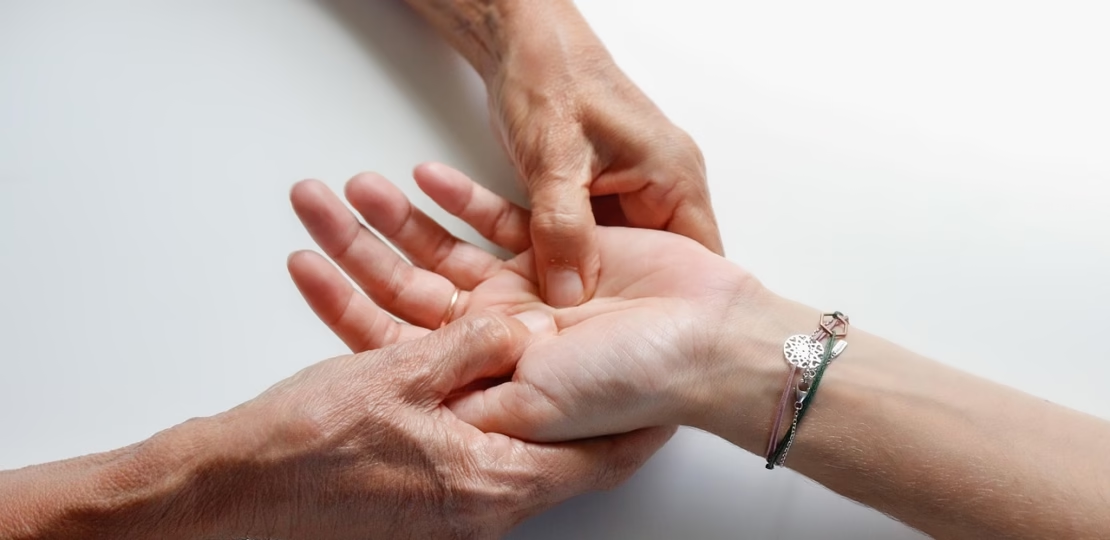
The Perilous Spread of the Wellness Craze
In recent years, the world has witnessed an unprecedented surge in the global wellness movement. From Instagram feeds filled with bright smoothie bowls to shelves stocked with exotic herbs and supplements, wellness has transcended from a simple personal pursuit to a booming cultural phenomenon. While the intention behind this shift—prioritizing health and harmony—is undeniably beautiful, it’s crucial to examine the lesser-discussed undercurrents: the perils inherent to the unchecked spread of this wellness craze.
The Allure of Wellness: More Than Meets the Eye
At its core, wellness is about balance—nourishing the body, mind, and spirit in ways that foster lasting vitality. However, as wellness has morphed into an industry, it has developed a complex duality. On one hand, it champions empowerment and self-care; on the other, it sometimes cultivates unrealistic expectations and a commodification of health that can feel exclusionary and anxiety-inducing.
The internet and social media have played pivotal roles in amplifying wellness trends overnight. While this instantaneous access to information can inspire positive lifestyle changes, it also bombards us with conflicting advice, miracle fixes, and curated perfection. The result? For many, a paradoxical experience of feeling both inspired and overwhelmed, hopeful yet inadequate.
When Wellness Becomes Wellness Worry
One of the most overlooked consequences is how the wellness culture can inadvertently nurture anxiety rather than alleviate it. The relentless pursuit of a “perfect” diet, flawless skin, or an ideal body shape can morph into obsession. Orthorexia—a condition characterized by an unhealthy fixation on eating “pure” or “clean” foods—is increasingly common, though often overshadowed by more widely recognized eating disorders.
Furthermore, wellness fads sometimes promote practices lacking scientific backing or safety evidence. Detox teas, extreme fasting regimens, or unregulated supplements can harm the body instead of healing it. The danger amplifies when charismatic influencers market these trends without credentials or an understanding of individual health needs.
“Taking holistic care of oneself must be rooted in compassion and realistic understanding—not in guilt, shame, or fear.”
Commercialization and the Erosion of Inclusivity
Another challenging facet is how wellness, in its mass-market form, has become entangled with consumerism. Wellness retreats, premium superfoods, and high-end fitness gear often cater primarily to affluent segments, leaving many feeling that true wellness is out of reach. This exclusivity contradicts the fundamental idea that wellness is a basic human right, accessible to all regardless of socioeconomic status.
It’s important to remember that cultural appropriation also shadows parts of the wellness movement. Many modalities, such as yoga, meditation, and traditional herbal remedies, have deep roots in indigenous or spiritual traditions. When these practices are stripped of context and sold as trendy products, the original value and sacredness can be lost.
Reclaiming Wellness With Balance and Empathy
As someone passionate about holistic health, I encourage a gentle recalibration. Prioritize listening to your body’s unique needs. Remember that wellness is not a sprint toward an ideal but rather a lifelong journey marked by small, sustainable acts of care. Rather than chasing trends, cultivate habits that nurture your mental, emotional, and physical well-being in ways that feel authentic and nurturing.
Critical thinking can be our greatest tool: research claims thoughtfully, talk with trusted health professionals, and be wary of any practice that demands drastic changes or comes laden with fear-inducing messages.
Most importantly, approach wellness with kindness—toward yourself and toward others. Celebrate diverse body types, cultural practices, and individual health journeys. Community and connection, not competition or perfection, form the heart of lasting wellness.
In Conclusion
The wellness craze is a testament to a collective yearning for balance in a frenetic world. Yet without mindfulness, it risks becoming a source of new stress and exclusion rather than liberation. By integrating science, compassion, and realism, we can steer the wellness movement back toward its roots—a celebration of holistic health that honors every individual’s path.
May your wellness journey be gentle, informed, and deeply personal.
— Dr. Rachel Bloom

RELATED POSTS
View all



